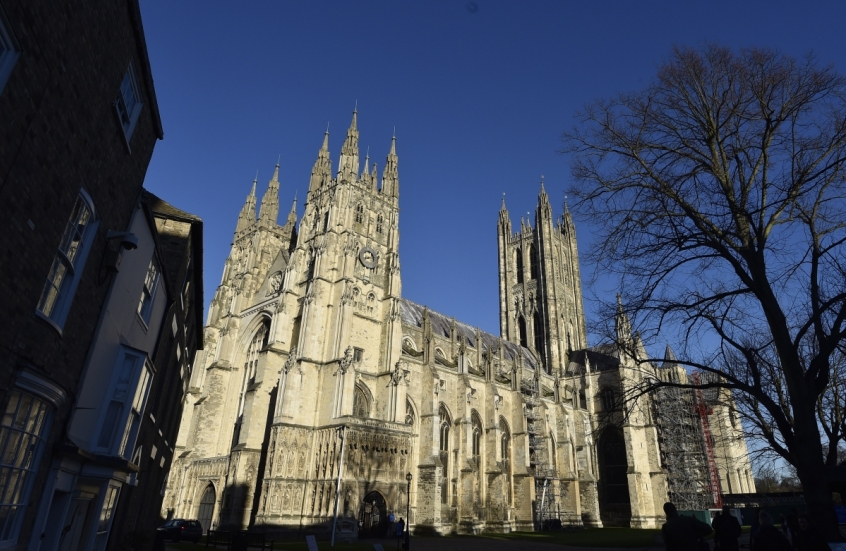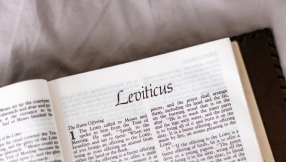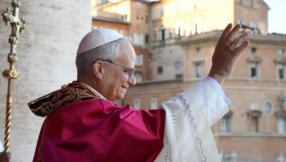Warning priests they are 'duty bound' to report abuse, even if they heard it in confession, is 'unacceptable' and 'will set a very worrying precedent', an influential Anglican group has said.
The Church of England's Canterbury diocese told Christians not to confess abuse during confession because priests are 'unable to keep such information confidential'. Guidance from the archbishop of Canterbury's home diocese told priests they must report any concerns 'about the wellbeing or safeguarding' of anyone.

The diocesan secretary Julian Hills denied the 2015 guidance, which re-emerged following discussions about confession at a meeting of senior bishops earlier this month, broke the 'Seal of the Confessional'.
'This guidance has not – as some have claimed – "abolished the Seal of the Confessional",' he said. 'Rather, it is intended to advise the penitent not to divulge in confession something which would legally compromise the position of the priest – and therefore require that priest to choose between their responsibility to protect someone from harm and the usual requirement of confidentiality.'
But Forward in Faith, an influential group of Anglo-Catholics within the Church of England hit back at the denial the guidance broke the Seal of the Confession — an ancient piece of canon law preventing priests from revealing any details they hear during confession.
'For a diocese to pre-empt synodical discussion of whether any aspect of ecclesiastical law should be changed is unacceptable,' a statement from Forward in Faith said on Thursday.
It urged the diocese to be brought 'back into conformity with canon law'.
The statement added: 'If the Diocese of Canterbury is allowed to continue publicly to incite the clergy to breach canon law, that will set a very worrying precedent.'
The Church of England is in the middle of a review of its laws around confession. Concerns were raised by the independent inquiry into child sex abuse in March over whether paedophiles could confess their abuse and go unreported.
In a previous statement warning against abolishing the secrecy around confession, Forward in Faith said such a move would be pointless because priests would still consider themselves bound by confidentiality.
'Such a change would be undesirable and counterproductive,' the group said in 2015. 'It would discourage people who have committed criminal offences from making their confession, reducing the likelihood of a priest being in a position to counsel them to report themselves to the police. The time and energy expended in promoting such a controversial piece of legislation could be deployed more profitably in other ways.'













